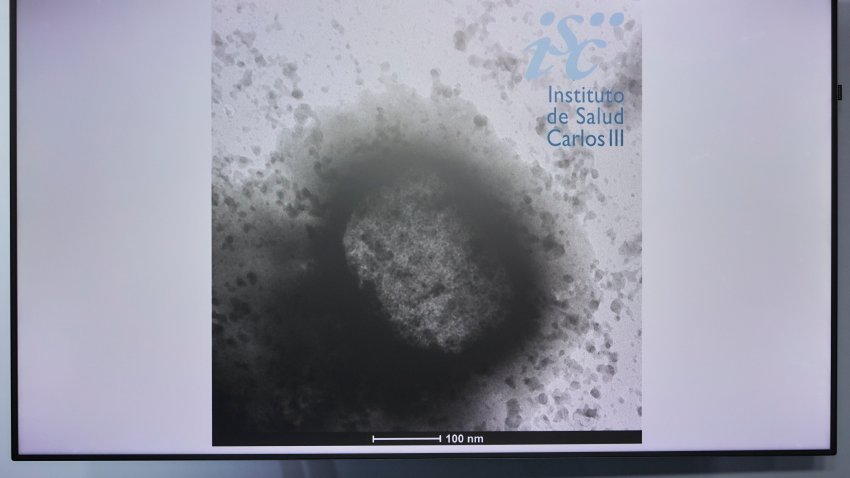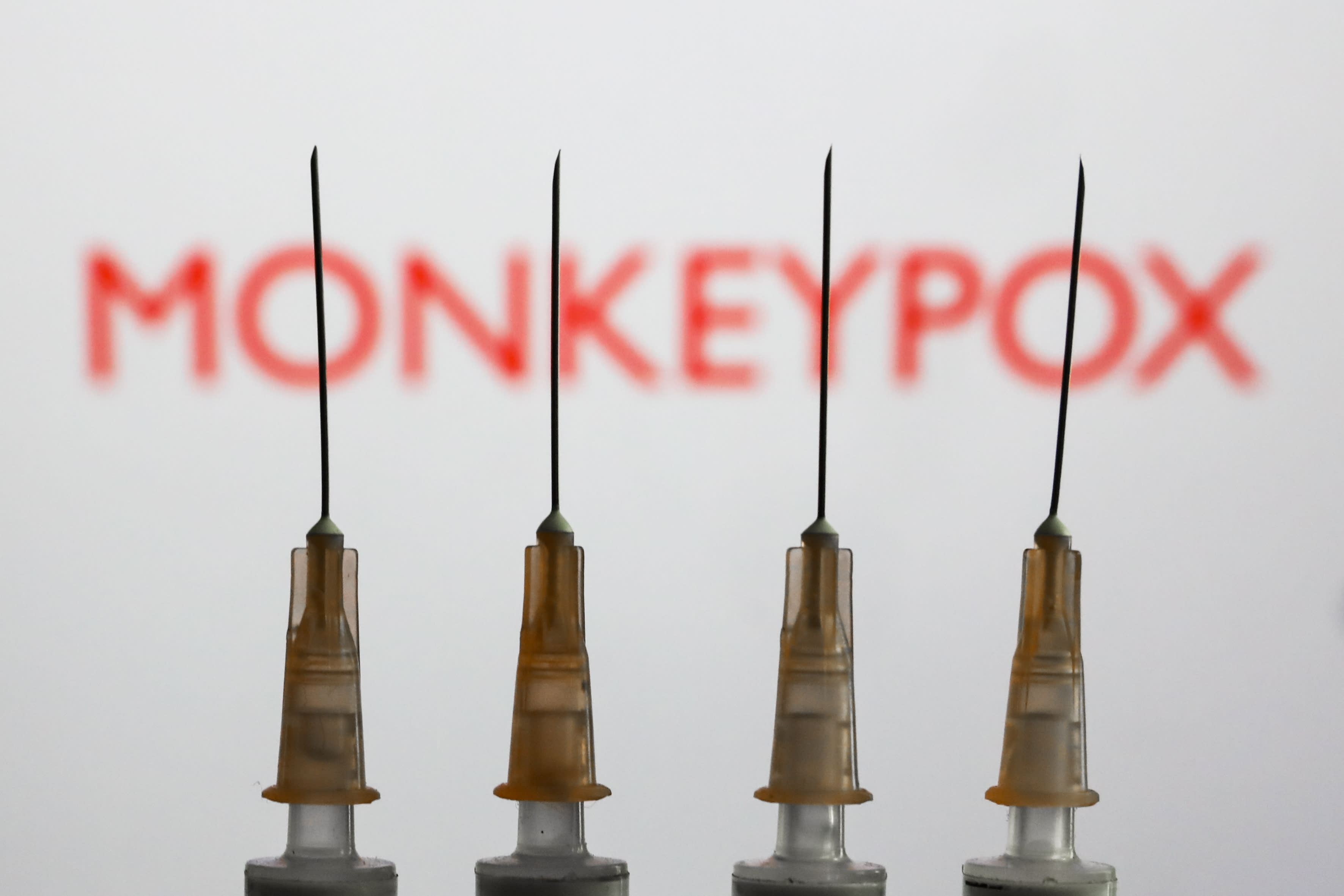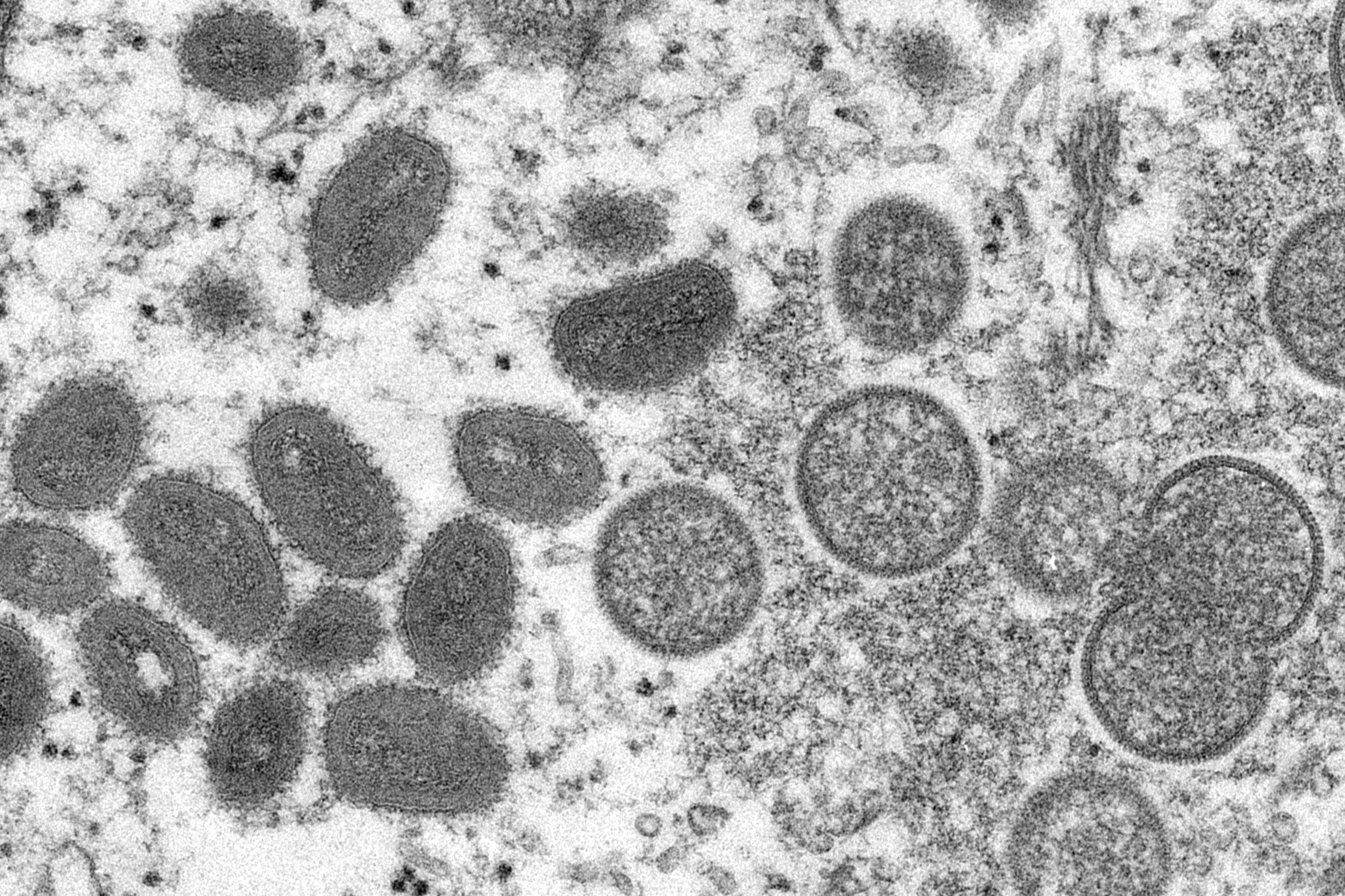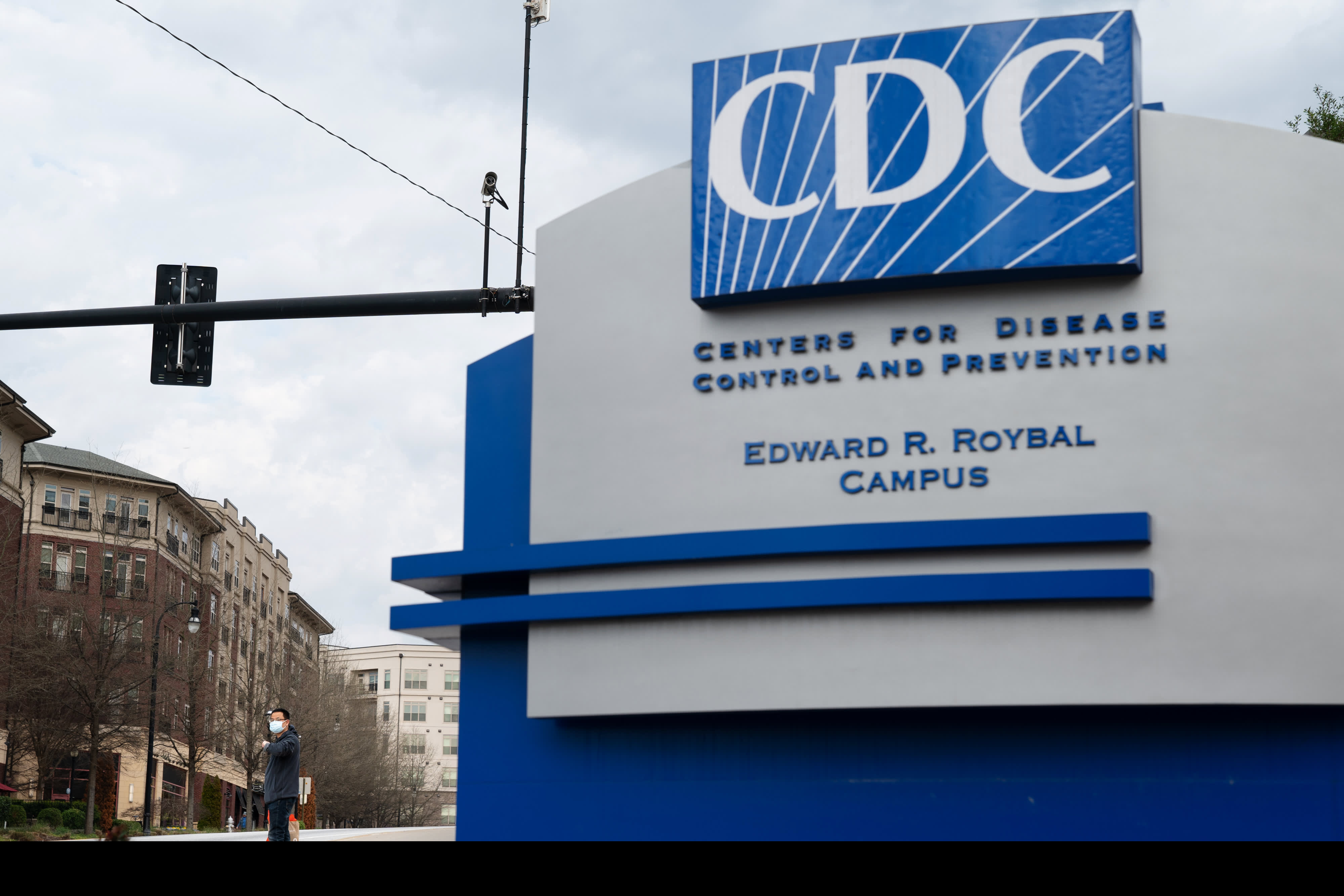It’s the busiest time of the year in one of the busiest spots on Cape Cod, and amid all the fun in Provincetown, there’s growing worry about the spread of monkeypox and what it could mean for seasonal workers.
With summertime in full swing on Cape Cod, there's growing concern about the spread of monkeypox.
"Biggest concern right now is making people aware that anybody can catch this disease," said Maurice Melchiono, a public health nurse for the Barnstable County Health Department.
WATCH ANYTIME FOR FREE
Stream NBC10 Boston news for free, 24/7, wherever you are. |
Barnstable County is closely watching the spread of monkeypox -- or MPV as it's known. The county is currently tracking 19 MPV cases and this isn't only a health issue, but it could turn into an economic one, too.
"People are talking about this a lot and I think we're most concerned about what MPV could mean for our seasonal workers," said State Sen. Julian Cyr, who lives in Provincetown and represents the outer Cape and Islands. "If they do contract MPV, they are not going to be able to work, not just for a few days, but for a few weeks, and in a seasonal economy that can be really catastrophic."
Get updates on what's happening in Boston to your inbox. Sign up for our News Headlines newsletter.

"I think the biggest issue is getting people to understand how you get it, and how you don't get it," Melchiono said.
This means planned outreach to educate everyone during the region's busiest time of the year -- when tourists flock to the Cape from around the world.
Provincetown hosted a community forum last week and more outreach is planned. Officials are meeting with seasonal workers in smaller groups, as well.
"We want to heighten their awareness, we want to really balance something that gets people's awareness but doesn't paralyze people with fear," Melchiono said. "It is a matter of understanding that we have to keep up our guard, we have to really to continue to take care of ourselves."
More on Monkeypox
The MPV outbreak comes on the heels of 2-plus years of the coronavirus pandemic, and there is worry in the health community about fatigue, related to being vigilant for yet another danger.
"Information about MPV is absolutely critical, knowing the symptoms to MPV is how we stop the spread of it," Cyr said.
Health advocates say they worry people will tune out their message when they need to hear it the most.
"I hope that people don't tune this out," said Dr. Ken Mayer, the medical research director and co-chair of the Fenway Institute.

Mayer says, sure, MPV is not as dangerous -- or as contagious -- as COVID, but the medical community is still very worried.
"I think we are living in a world now where every pandemic is a day's plane ride away, so we have to get used to the fact that we may see more of these," he said. "This is a preventable disease."
So far, there have been 29 confirmed cases in Massachusetts, one in Connecticut, one in Rhode Island and one in New Hampshire, according to the Centers for Disease Control and Prevention. No cases have been confirmed in Maine or Vermont.
Over 500 cases have now been reported across the U.S., including 111 in California, 96 in New York, 64 in Florida, 62 in Illinois, and 53 in Washington, D.C.
Human symptoms of monkeypox are similar to but milder than the symptoms of smallpox, the CDC says. It presents itself as a flu-like illness accompanied by lymph-node swelling and rash on the face and body.
While the CDC says the risk to the general public remains low, people are urged to avoid close contact with those who are sick, including those with skin or genital lesions, as well as sick or dead animals. Anyone displaying symptoms, like unexplained skin rash or lesions, should reach out to their healthcare providers for guidance.




